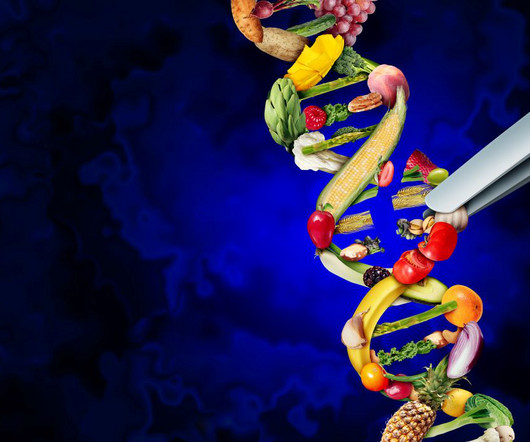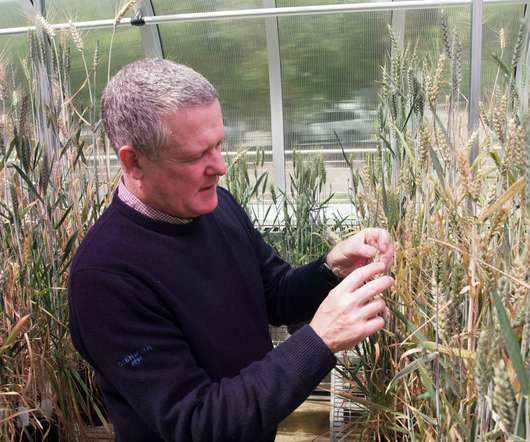Nature publishes new research on genetic causes of colorectal cancer
Pharma Times
AUGUST 19, 2024
In the UK study, researchers analysed 2,023 bowel cancers from the 100,000 Genomes Project

Pharma Times
AUGUST 19, 2024
In the UK study, researchers analysed 2,023 bowel cancers from the 100,000 Genomes Project

Pharmaceutical Technology
MAY 25, 2023
The Medicines and Healthcare products Regulatory Agency (MHRA) aims to launch a pilot genetic biobank that will gather patient data to associate drug-related adverse events to their genetic makeup. The Yellow Card biobank will launch as a joint venture with the UK-government funded entity Genomics England on June 1.
This site is protected by reCAPTCHA and the Google Privacy Policy and Terms of Service apply.

Pharmaceutical Technology
JUNE 14, 2023
However, more immeasurable characteristics such as personality, behaviour, and even intelligence are all influenced by genetics to varying degrees. All that DNA is organised into hereditary units called genes, with humans having about 25,000 genes collectively known as the genome. Each human cell has 1.8

pharmaphorum
JANUARY 24, 2023
Ben Hargreaves finds that the vast amount of genetic data that exists today could help provide a faster, more targeted way of developing new drug candidates. The logical extension to this kind of approach is treating individual patients, with their individual genetic makeup.

BioTech 365
OCTOBER 1, 2021
Colossal Biosciences and the Vertebrate Genomes Project Will Preserve the Genetic Code of all Endangered Elephant Species Through Genomic Sequencing Colossal Biosciences and the Vertebrate Genomes Project Will Preserve the Genetic Code of all Endangered Elephant Species Through Genomic Sequencing … Continue reading →

Scienmag
FEBRUARY 25, 2021
Publication in Science Credit: David Porubsky, University of Washington In 2001, the International Human Genome Sequencing Consortium announced the first draft of the human genome reference sequence. This reference, however, […].

Scienmag
NOVEMBER 25, 2020
Credit: University of Adelaide An international research collaboration, including scientists from the University of Adelaide’s Waite Research Institute, has unlocked new genetic variation in wheat and barley – a major boost for the global effort in breeding higher-yielding wheat and barley varieties.
Let's personalize your content